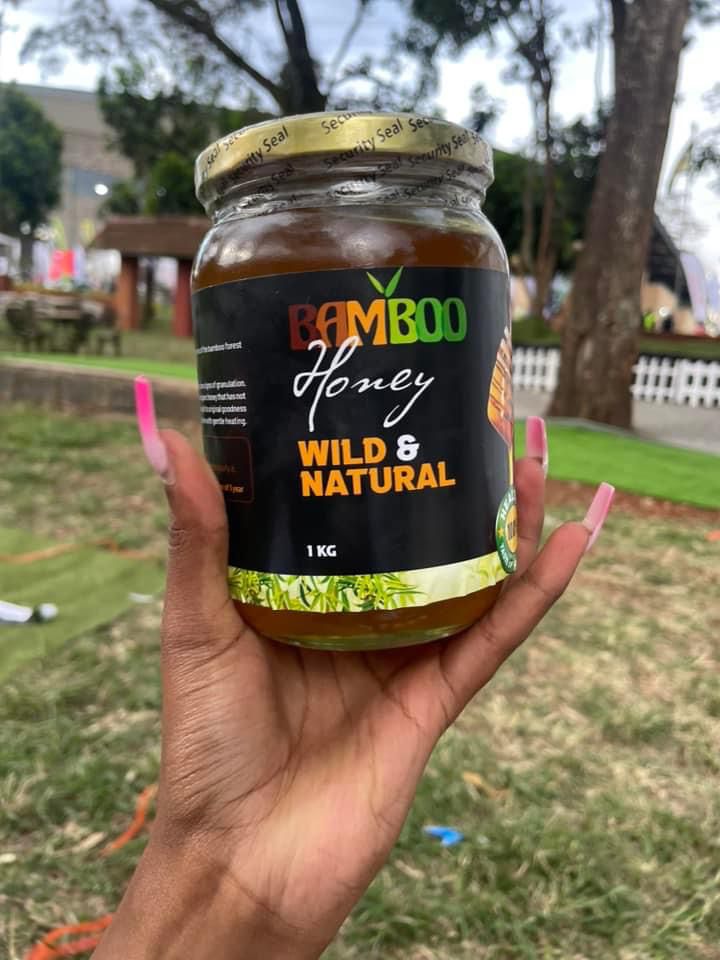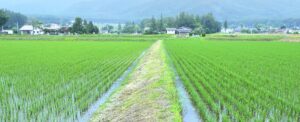Last week, I had the eye-opening experience of visiting an innovative apiculture facility in Kisarazu, Japan. This facility produces 25 different mind-boggling products for the market, emphasizing the immense adaptability and potential that lies within beekeeping.
Beekeeping, scientifically known as apiculture, is blossoming with modern innovations, and therefore emerging as an entrepreneurial goldmine. In places like Kenya, records indicate a buzzing potential to produce more than 25,000 MT of honey, yet current production stands at just 5,000 MT a year. In contrast, Ethiopia produces about 50,000 MT, positioning itself at a higher level in the global apiculture market—a market projected to reach $16 billion by 2029.
Now, envision the scenic landscapes of Kenya which host over 117 celebrated water towers rich in flora and home to diverse bee species which offer a promising ecosystem for beekeeping. If almost every Kenyan homestead could be supported to set up a beehive and harvest honey, just imagine the ripple effect it could create across our Nation’s economy.
Of course, the question is, how do we harness this potential?
Mainly, consider the vast range of products emanating from apiculture namely, honey, beeswax, propolis, royal jelly, bee venom, and even the live bees themselves. Each of these products holds a specific value, catering to various industries such as food, cosmetics, medicine, and agriculture.
Take honey, for instance. Not only can it be sold as a delicious natural sweetener, but its medicinal properties make it invaluable in pharmaceuticals. Beeswax, on the other hand, finds its place in cosmetics, candles, and even furniture polish. Then there’s propolis, which is renowned for its medicinal properties and is becoming increasingly popular in skincare products worldwide.
For Kenya, a land known for its entrepreneurial spirit, these products can be the cornerstone of a new economy. I suggest that corporate institutions should consider investing in apiculture not only to provide a lucrative return but also as corporate social investment ventures. For County Governments, supporting communities in setting up practical beekeeping projects can serve as a dual-purpose strategy towards promoting sustainable livelihoods and supporting the local economy. Additionally, such initiatives that easily relate with the local’s support in conservation efforts. I additional suggest that Individuals, particularly the youth, should view beekeeping as a viable and rewarding career option. With the right training and resourcesfrom beekeepers associations one can not only derive personal financial benefits but contribute positively to community welfare.
Moreover, for ecopreneurs, beekeeping is a beckoning field. Social investments in such ventures are not only environmentally sustainable but also offer vast employment opportunities.
So, be it as it may, how do we bring this vision to being?
Firstly, education and training are key to equip individuals with the necessary skills and knowledge, transforming them from rookies to expert beekeepers.
Secondly, infrastructure is important because accessible and affordable beekeeping equipment can reduce entry barriers for aspiring multiple beekeepers.
Thirdly, marketing and branding while capitalizing on the ‘Made in Kenya’ mark can drive demand both locally and internationally. This I experienced first-hand when I arrived with Kenyan honey in Japan.
Fourthly, research and innovation can lead to product diversification, ensuring that beekeepers maximize their yield and profit.
Fifth, support systems through establishing cooperatives or associations can provide beekeepers with collective bargaining power, ensuring fair prices and market access.
After witnessing firsthand, the work my daughter Michelle is doing with her honey production under the brand ‘Bamboo Honey’, I am thoroughly convinced that the future of apiculture in Kenya is bright and holds immense potential. With the right mix of support, innovation, and entrepreneurship, Kenya can establish itself as a global leader in apiculture.
The hum of bees is indeed the expression of a green future. I therefore invite us to intensify this expression, making it resonate across Kenya and beyond as we create Green Africa Villages, one village at time. Let’s sow the seeds for a green future where bees, people, and economies thrive in harmony.Think green, act green!



